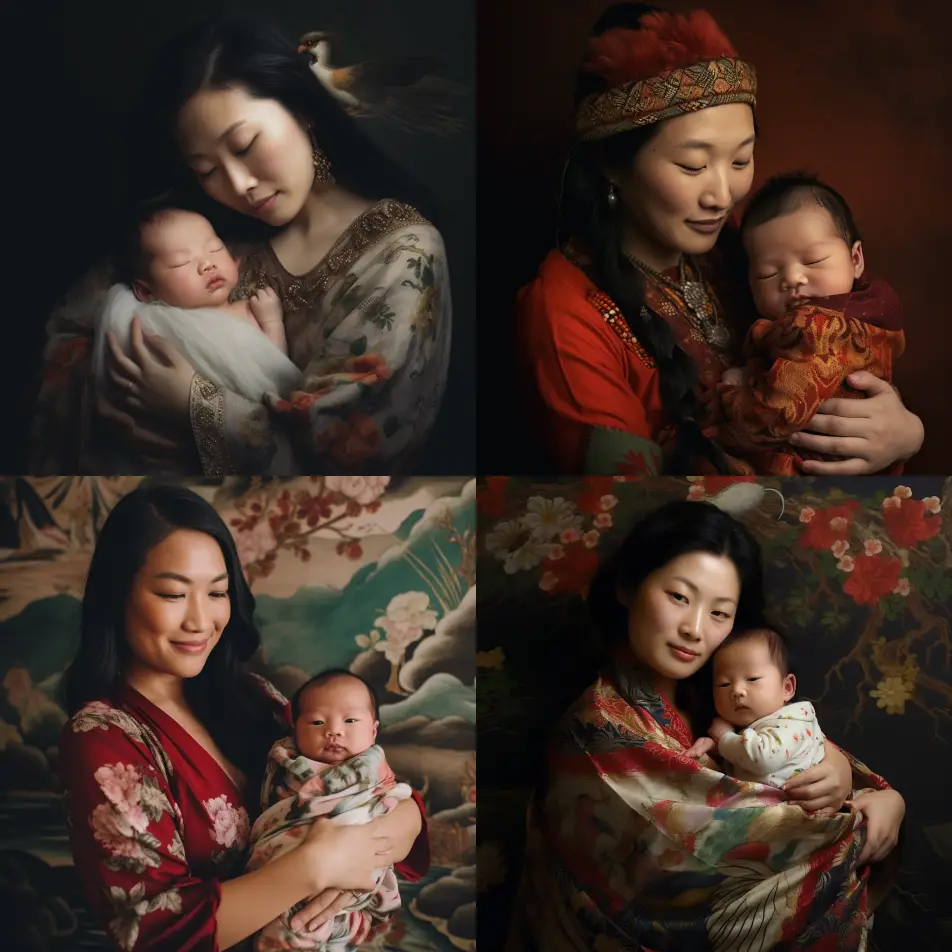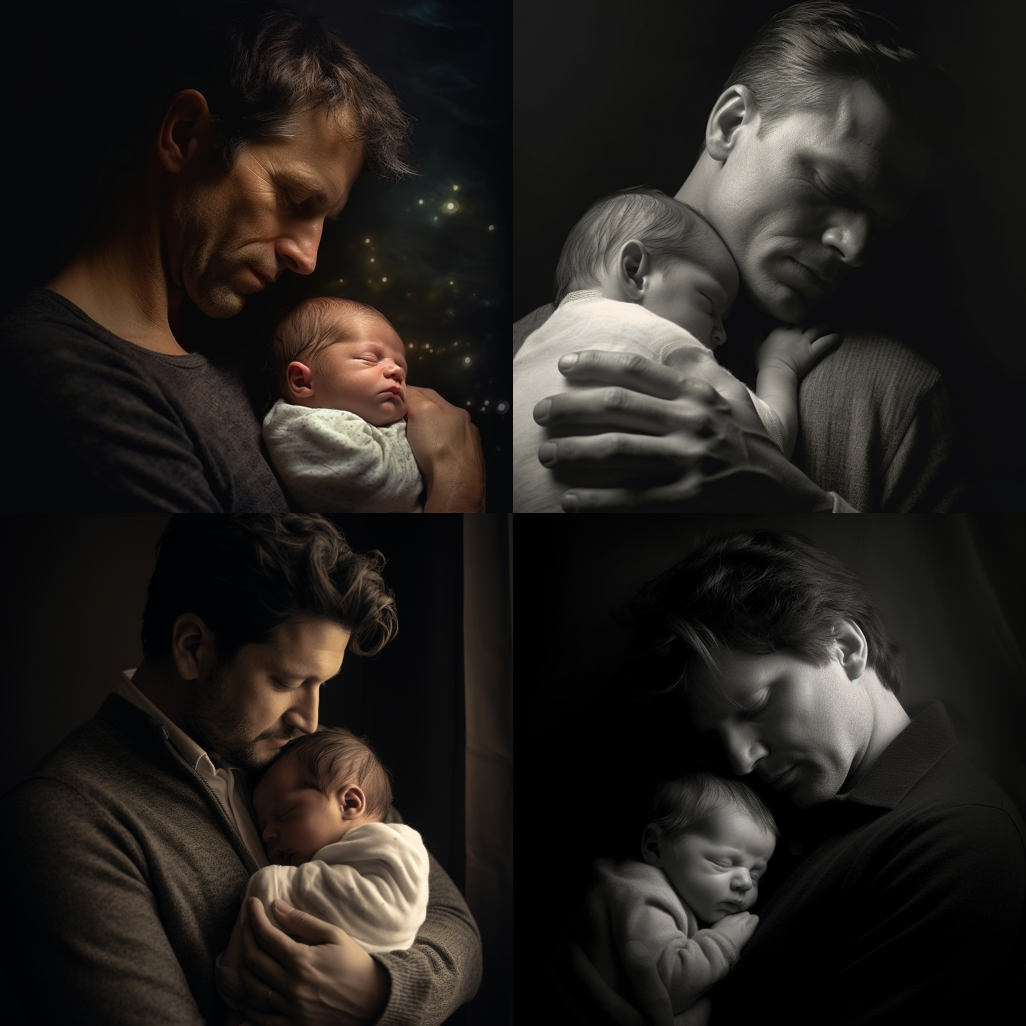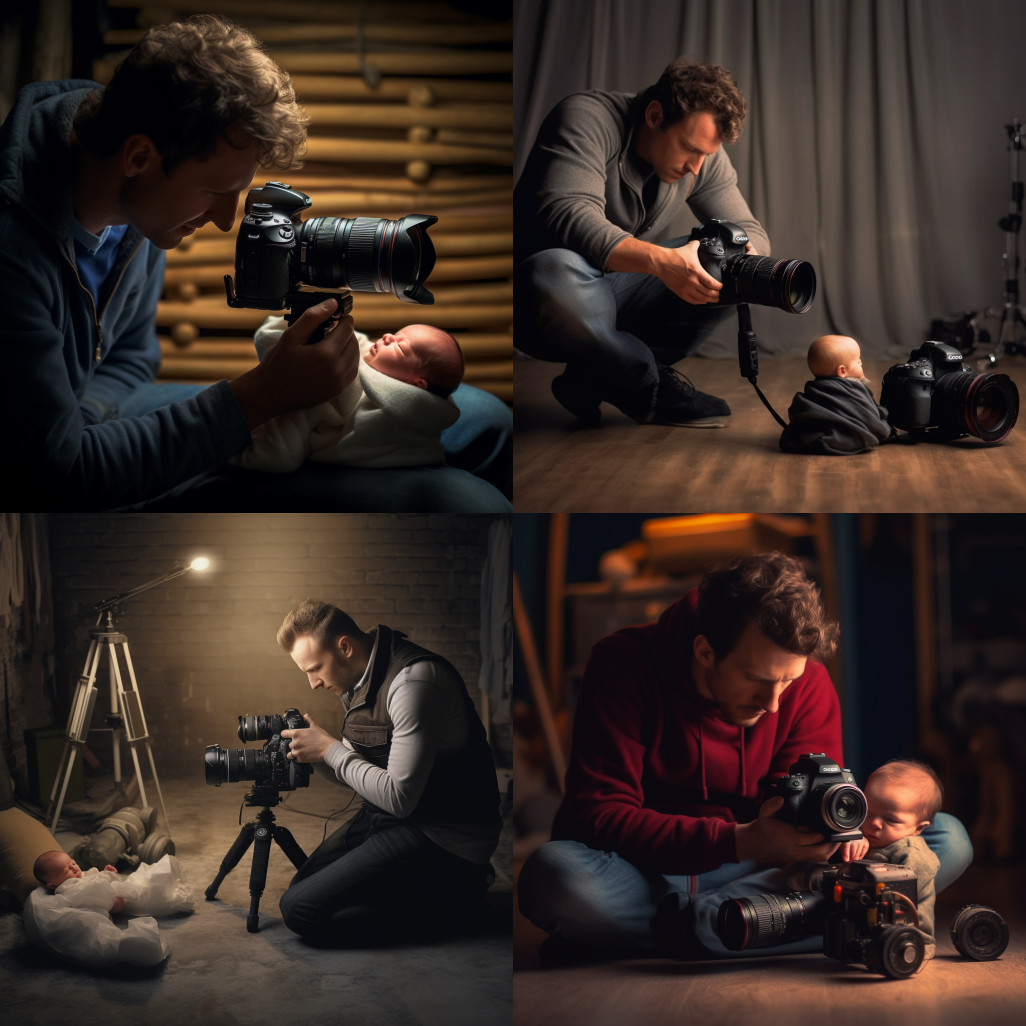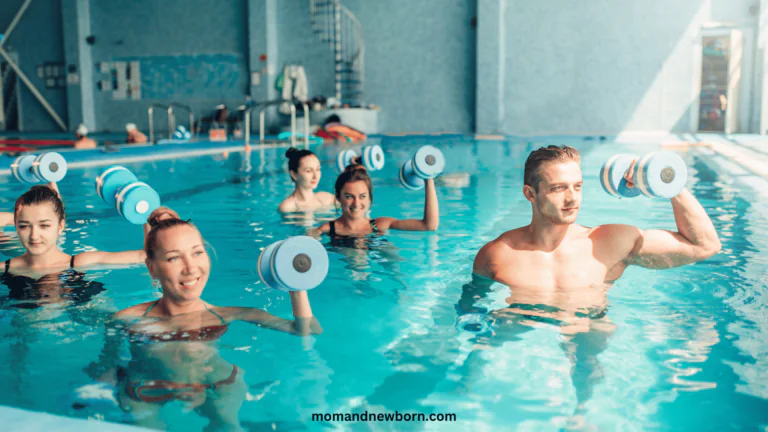Timing is Everything: Newborn Photo Scheduling Tips!
Capturing the fleeting moments of a newborn’s first few weeks is a special experience many parents look forward to. However, scheduling a newborn photo session can be challenging, as the timing and preparation are critical to achieving the perfect shot.
Timing is everything regarding newborn photography, as babies change and grow quickly during the first few weeks of their lives. To ensure that you capture your baby’s fleeting newborn features, it’s essential to plan your photo session carefully.
In this guide, we’ll share some tips and advice to help you schedule your newborn photo session and make the most of your limited time to capture those precious moments.
Timing and scheduling are crucial aspects of newborn photography, ensuring the photographer and the family have the best possible experience and achieve the desired results. Here are several reasons why timing and scheduling are important in this type of photography:
- Newborn look and behavior: Newborns change rapidly in the first few weeks of life, so capturing their unique features and behaviors is essential before they grow. The ideal time for newborn photography is typically within the first 14 days of life, as babies are still sleepy and can easily be posed for various shots.
- Sleep patterns: During the first few weeks, newborns sleep a lot, and their sleep patterns can be unpredictable. Scheduling the session when the baby is likely sleepy can make the session smoother and more efficient, as the photographer can work with a more relaxed and cooperative subject.
- Feeding times: Newborns need to be fed frequently, and scheduling the session around feeding times can help ensure the baby is content and comfortable during the photoshoot. A well-fed and burped baby is less likely to be fussy and easier to pose.
- Photographer’s availability: Newborn photographers may be booked months in advance, particularly those specializing in this niche. Scheduling the session as early as possible ensures you can secure a spot with your preferred photographer and plan accordingly.
- Parents’ availability: Parents should be present during the newborn photography session to support and participate in family portraits. Coordinating schedules between the photographer and the family ensures everyone is available and ready for the session.
- Lighting conditions: Natural light is often preferred for newborn photography because it creates a soft, even illumination that flatters the baby’s delicate features. Scheduling the session during the day, preferably in the morning or late afternoon, can provide optimal lighting conditions.
- Post-production time: Editing and retouching the images can take time, especially if you have specific requests. Scheduling the session with enough lead time before any deadlines (such as birth announcements or holiday cards) allows the photographer to deliver the final product without rushing the editing process.
What is the timeline for newborn photography?
Prenatal period (months before the due date):

-
- Research and choose a newborn photographer.
- Book your photographer, providing your due date for scheduling purposes.
- Discuss your preferences, ideas, and any specific requirements with the photographer.
Late pregnancy (1-2 months before due date):

-
- Finalize the session date and time, considering the baby’s expected arrival.
- Prepare any props, outfits, or accessories you’d like to include in the session.
Newborn’s arrival (birth – first few days):

-
- Inform the photographer about the baby’s arrival to confirm or adjust the session date.
Ideal session window (5-14 days after birth):

-
- Capture the newborn’s unique features and behaviors before they change.
- Schedule the session when the baby is likely to be sleepy and cooperative.
Post-session (1-4 weeks after session):

-
- Review the images with the photographer, and select your favorites for editing and retouching.
- Receive final, edited images from the photographer.
- Order prints or other products if desired.
- Share images with family and friends, or use them for birth announcements or other milestones.
How do you plan a newborn photoshoot?
Planning a newborn photoshoot requires careful consideration and organization. Here are some steps to help you plan a successful session:
- Choose a photographer: Research local newborn photographers, review their portfolios, and read client reviews. Select a photographer whose style and experience match your preferences.
- Book the session: Contact the photographer to book a session, providing your due date for scheduling purposes. The ideal time for a newborn photoshoot is within the first 5-14 days after birth. Many photographers book up months in advance, so it’s essential to reserve your spot early.
- Discuss your vision: Communicate your preferences, ideas, and requirements with the photographer. This can include desired poses, themes, colors, or props. The photographer can offer guidance and suggestions based on their experience.
- Choose a location: Decide whether you want the session in your home, the photographer’s studio, or another location. Each option has advantages and challenges, so discuss these with the photographer to make the best choice.
- Prepare outfits and props: Collect any outfits, accessories, or braces you want to include in the photoshoot. Consider coordinating colors and textures for a cohesive look. Consult with the photographer to ensure your choices will work well in the session.
- Plan the session time: Schedule the photoshoot when your baby is likely sleepy and cooperative. Mornings are often a good choice since newborns tend to be more relaxed after a full night’s sleep.
- Prepare your home: If the session will take place in your home, ensure it’s clean and clutter-free. Make space for the photographer to set up their equipment and create a comfortable environment with good natural light, if possible.
- Feed and soothe the baby: Before the session, ensure your baby is well-fed and burped to reduce fussiness. Keep the room warm and cozy, and have a pacifier or other soothing items on hand.
- Be patient and flexible: Newborn photography sessions can be unpredictable, as babies have schedules and needs. Be prepared to take breaks for feeding, changing, or comforting the baby as needed. Trust the photographer’s expertise and follow their guidance to achieve the best results.
- Post-session review and selection: Review the images with the photographer afterward and select your favorites for editing and retouching. Discuss any specific editing requests, and allow the photographer time to complete the final images.
Is newborn photography worth it?
Whether or not newborn photography is worth it depends on your values, preferences, and budget.
Newborn photography can be a wonderful way to capture the early moments of your child’s life and create lasting memories. A skilled photographer can make beautiful and artistic images of your newborn that you can cherish for years. These photos can also be shared with family and friends and can serve as a way to document your child’s growth and development.
However, newborn photography can be expensive, and not everyone may have the budget for it. Additionally, some parents may prefer more candid or natural photos of their newborn rather than highly stylized and posed images.
Ultimately, deciding to invest in newborn photography is personal, and weighing the benefits and costs to determine what’s right for you and your family is important.
Is newborn photography difficult?
Yes, newborn photography can be challenging and requires certain skills and expertise. Photographing newborns involves more than just taking a picture of a baby; it requires patience, attention to detail, and an understanding of how to work with newborns who may be fussy or uncomfortable.
Newborns can be unpredictable and may require breaks for feeding, diaper changes, or soothing. A skilled newborn photographer must know how to work with these challenges to create a comfortable and safe environment for the baby while capturing the desired images.
Newborn photography also involves knowledge of lighting, composition, and posing techniques. Photographers must understand how to create a positive and aesthetically pleasing image while prioritizing the newborn’s safety and well-being.
What age is too late for newborn photos?
Newborn photography is typically done within the first two weeks of a baby’s life while they are still very sleepy and can be posed more easily. However, no specific age is “too late” for newborn photos, as every baby is different and grows at their own pace.
After the first two weeks, newborns become more alert and may be less likely to sleep through a photo shoot. However, this doesn’t mean capturing beautiful images of your baby at a later age is impossible. Some parents prefer to wait until their baby is a little older to capture their personality and expressions.
If you missed the window for traditional newborn photos, you could still capture beautiful images of your baby at any age. Many talented photographers specialize in baby and family photography and can create stunning images of your child at any stage of their development. The most important thing is to find a photographer whose style and approach align with your vision for the photos.









3 Comments